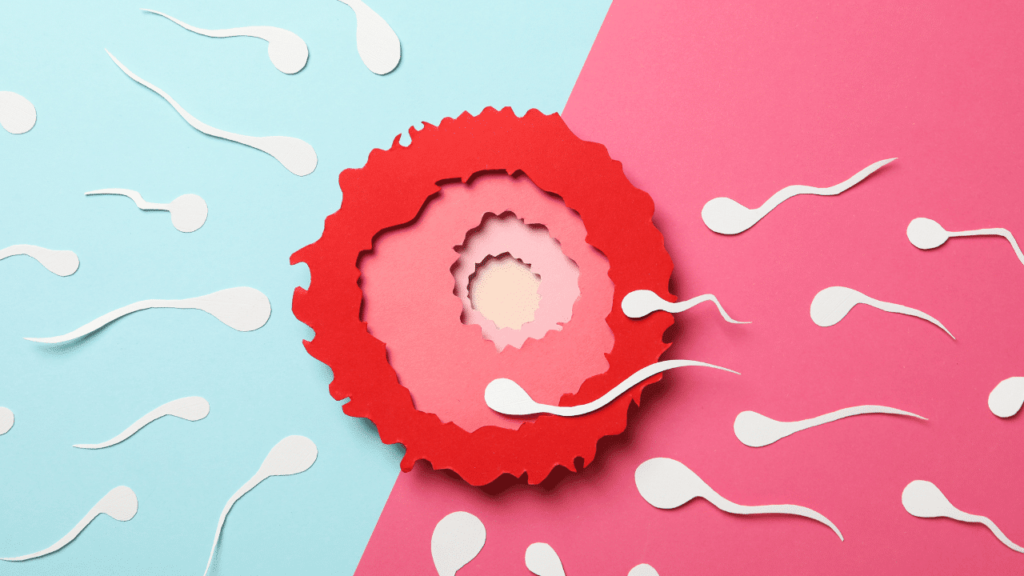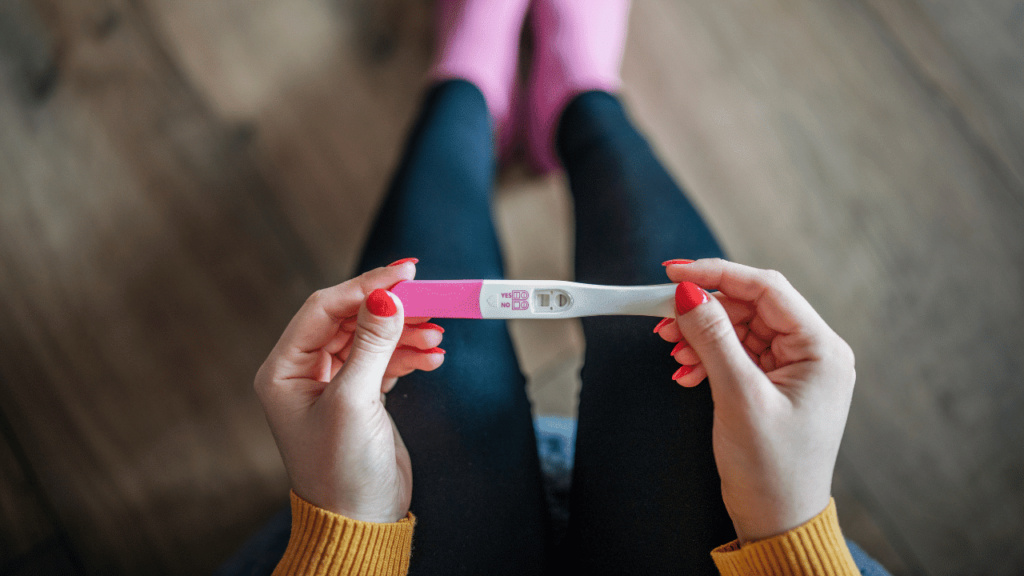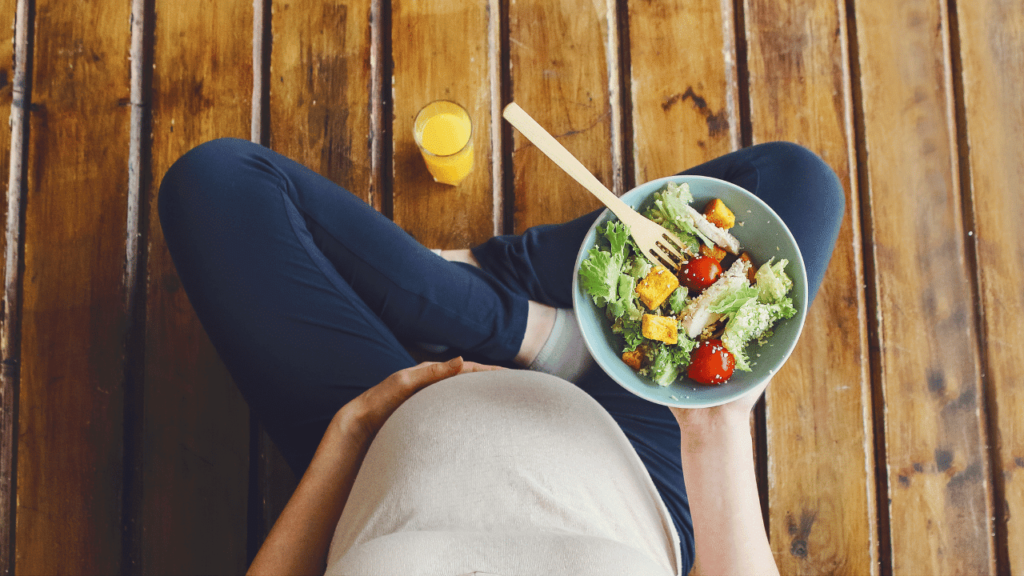The keto diet is just not healthy for pregnant women, according to experts, since the main principle of this diet — educating the body to utilize ketones instead of glucose — does not work for developing infants. Carbohydrate-derived glucose is a main energy source for a baby’s growth and development.
What is the Keto diet?
The word “keto” is used to describe eating plans rich in fats and proteins while low in carbs. Many well-liked eating plans, including the Atkins, South Beach, and Paleo ones, are included in the ketogenic diet. On the other hand, the “keto” diet is more concerned with the amount of fat consumed.
Keto and fertility:

The ketogenic diet has been credited in certain online publications and blogs for facilitating pregnancy. This is perhaps because, for specific individuals, a ketogenic diet may restore healthy weight balance.
It’s possible that reducing excess weight, as your doctor has recommended, can increase your fertility. However, there is currently no medical proof that the ketogenic diet improves fertility.
The ketogenic diet may also harm fertility. Several vitamins and minerals have been shown to increase fertility in both genders. A ketogenic diet may reduce fertility-supporting nutrient intake. Among them, scientific studies have found:
-iron
-DHA
-vitamin C
-vitamin D
-vitamin B-6
-vitamin E
-folate
-iodine
-selenium
Can the Keto Diet Affect Pregnancy Tests?

Women in ketosis have been suspected of getting a ”false positive” pregnancy test.
Ketosis and the presence of ketones in the urine shouldn’t taint or create a false positive pregnancy test; however, there are at-home ketone test kits where you pee on a test stick precisely like a home pregnancy test.
Ketone tests look for the presence of ketones, whereas pregnancy tests look for the particular hormone HCG.
Since this is not the case, a pregnancy test conducted while on a ketogenic diet should still be accurate.
Is it safe for women to be on the Keto diet during pregnancy? What the experts says?

Due in large part to the fact that the diet’s central tenet, teaching the body to use ketones instead of glucose, is ineffective for developing infants, experts warn that pregnant women should not follow the ketogenic diet. Baby’s development and growth rely heavily on the glucose from carbs.
Just how safe keto is for expectant mothers remains an open question. Due to the lack of evidence, expectant mothers should not follow a rigorous ketogenic diet unless their physician approves it.
There is a lack of study on the effects of ketogenic diets on pregnant women due to ethical concerns; however, it is generally agreed that very restricted diets should be avoided. You and your baby benefit greatly from eating a well-rounded, nutritious diet.
Keto Diet Benefits For Pregnant Women:

People on a ketogenic diet, including pregnant women, eventually stop experiencing the side effects. Sometimes they don’t, and that’s when it’s best to see a doctor. Nevertheless, there may be advantages to a ketogenic diet for expectant mothers. What follows is a selection:
Gestational Diabetes:
Women’sWomen’s blood sugar levels spike during pregnancy, and the condition often persists after giving birth. This kind of diabetes may raise a newborn’s risk of developing Type 2 Diabetes later in life. In addition to reversing diabetes in nonpregnant people, studies have shown that a ketogenic diet may positively affect pregnant women.
Fertility:
Numerous studies have shown that the ketogenic diet increases a woman’s fertility by reducing her body fat and increasing her fitness levels, increasing her likelihood of becoming pregnant. However, there is no direct confirmed association between the keto diet and fertility. You might make matters worse if your macronutrient intake is inadequate while on the ketogenic diet.
Important Pointers:
Two to three months before attempting pregnancy, women may begin the Ketogenic Diet. Meals on the Keto Diet should consist of unsweetened nut butter on vegetables like celery, cucumber, cauliflower, nuts, eggs in any form, meats, canned and fresh fish, cheeses, avocado, unflavored pork rinds, butter, and full-fat cream.
Drawbacks of keto diet while you’re pregnant:

Getting into ketosis, when fat is burned for energy, is trickier than it seems. Following the keto diet properly or knowing whether you’re in ketosis may be challenging, even if you’re not expecting a child.
Fruits and vegetables, naturally occurring sugars, are a big no-no on this diet. If you eat too many, you can exceed the carb limit for keto. For instance, there are around 6 g of carbohydrates in only 1 cup of broccoli.
However, pregnant women must eat vividly colored fruits and vegetables high in vitamins, iron, and folate. Vegetables may alleviate pregnancy-related constipation because they include fiber in short supply when on the ketogenic diet.
The ketogenic diet is so restrictive that some doctors insist their patients take nutritional supplements.
If you’re eating a keto diet; you might have low levels of:
-vitamin D
-B vitamins
-vitamin E
-vitamin A
-vitamin C
-magnesium
Extra nutrients are provided by a prenatal vitamin, which is essential throughout pregnancy. However, it is recommended that you get these nutrients via dietary sources. During pregnancy, you and your baby’s growth need even more oversized nutritional intakes of essential vitamins and minerals.
Your baby’s growth and development may be compromised if you don’t receive enough specific vitamins and minerals.
Examples of essential nutrients for your infant are:
-folic acid for a healthy spinal cord
-vitamin E for healthy muscles and blood
-vitamin D for healthy bones and teeth
-vitamin B-12 for healthy spinal cord and nerves
Conclusion:

Medical professional’s views on ketogenic diets during pregnancy might shift if more study is conducted.
If you are contemplating pregnancy or are already expecting a child, you should see your doctor or a registered dietitian before beginning any diet.

